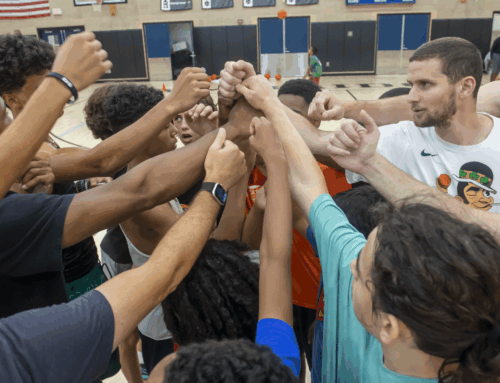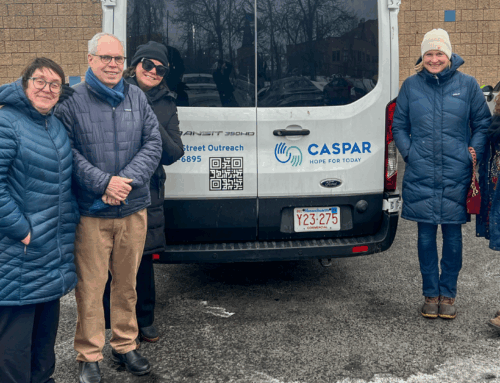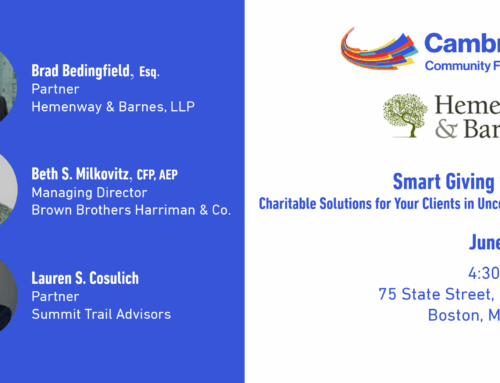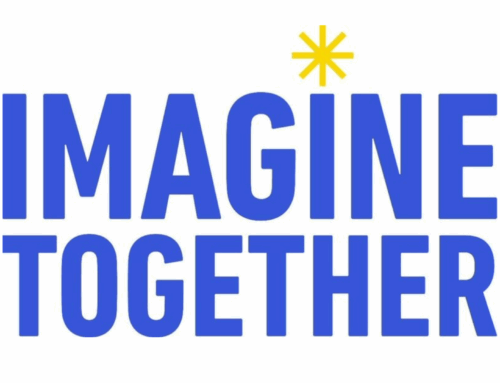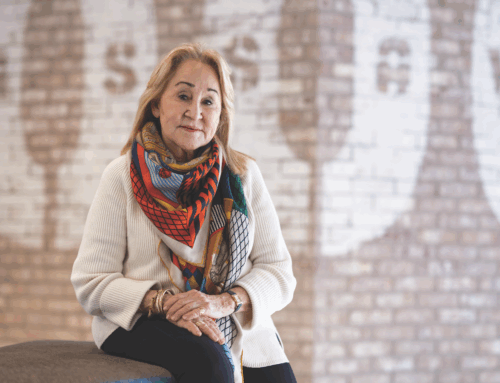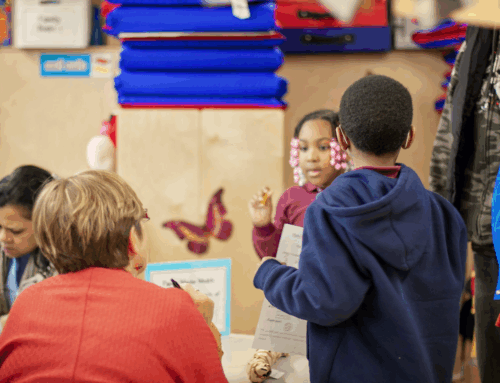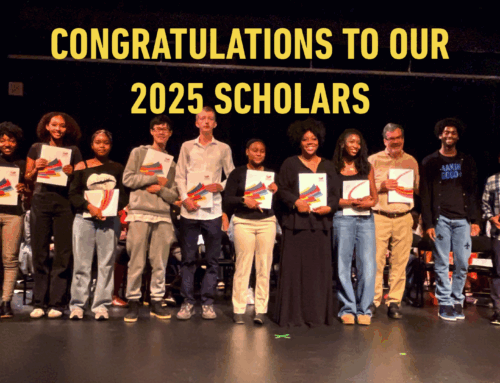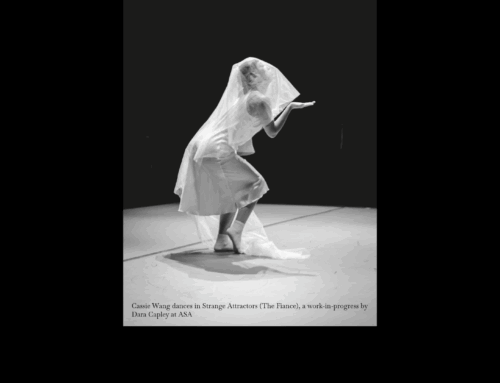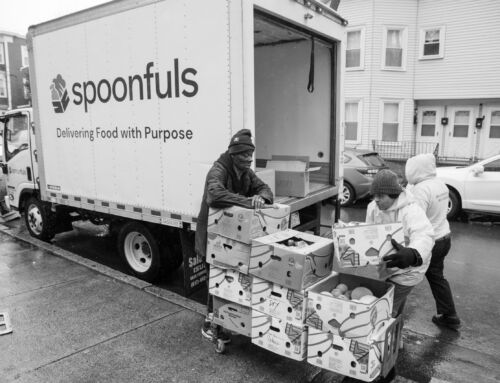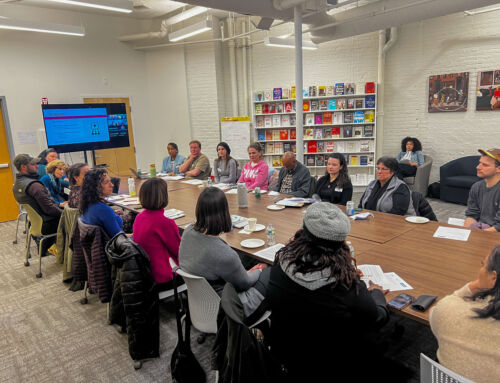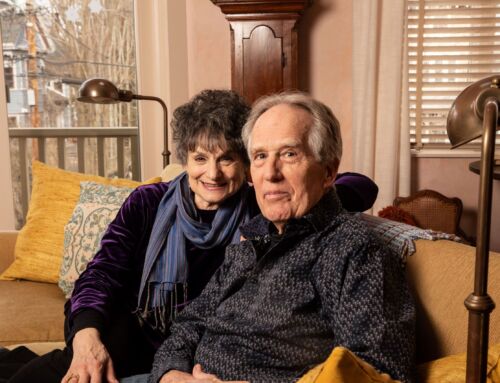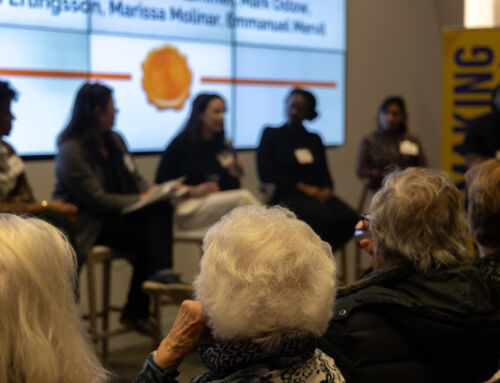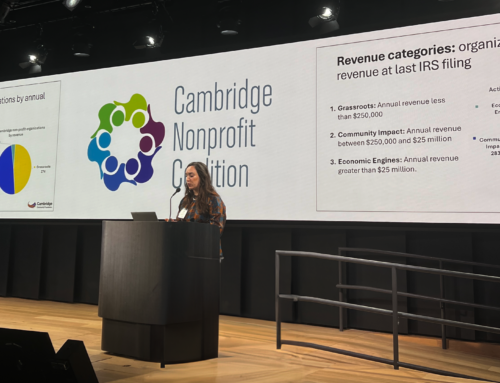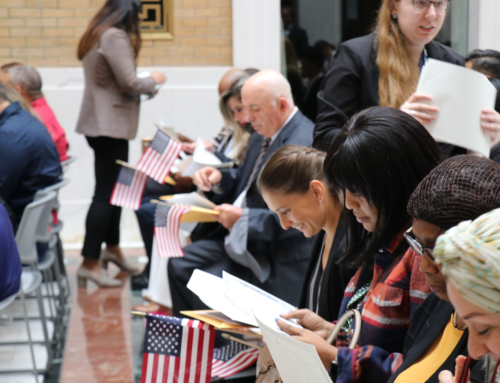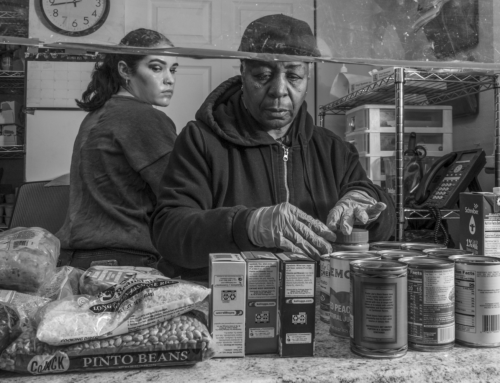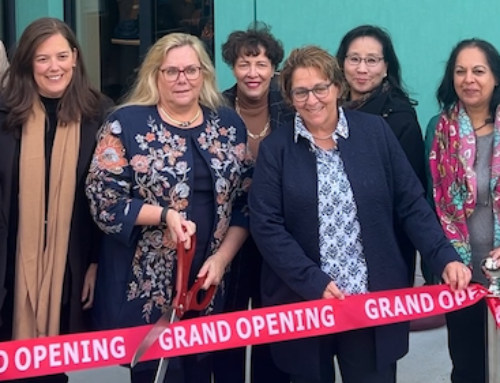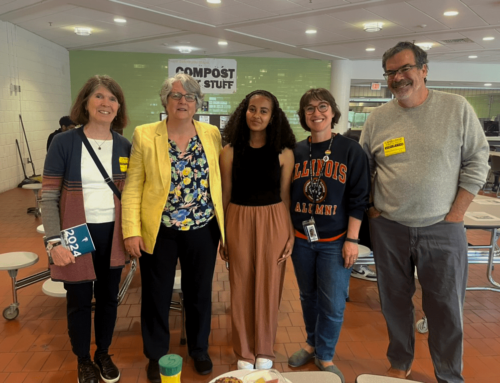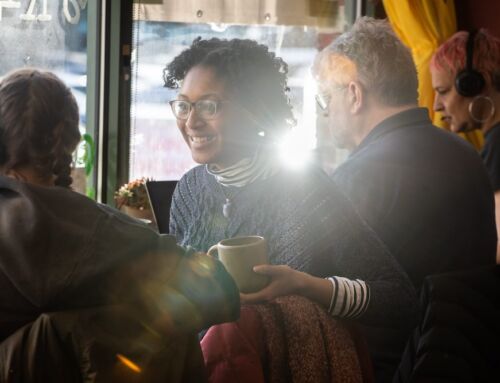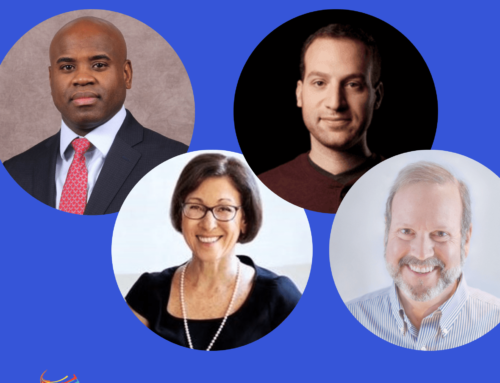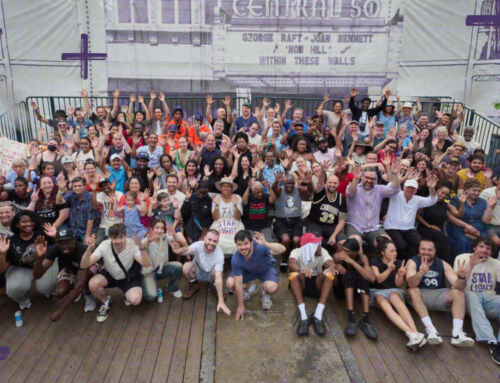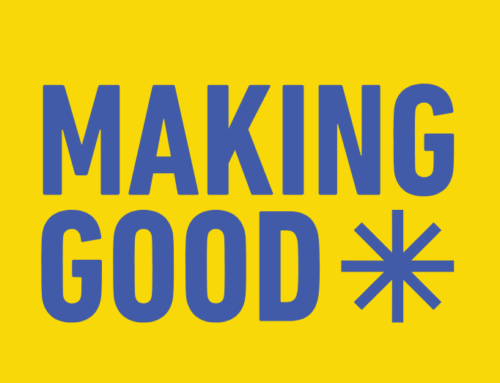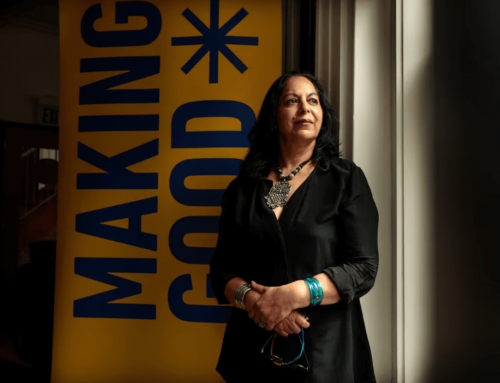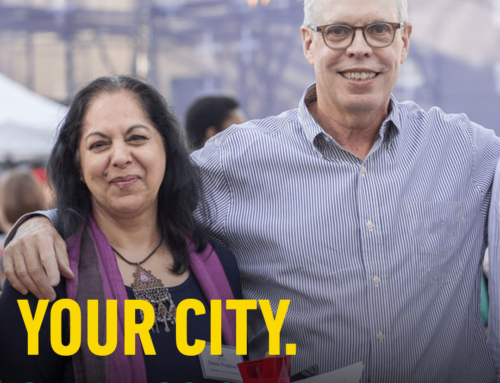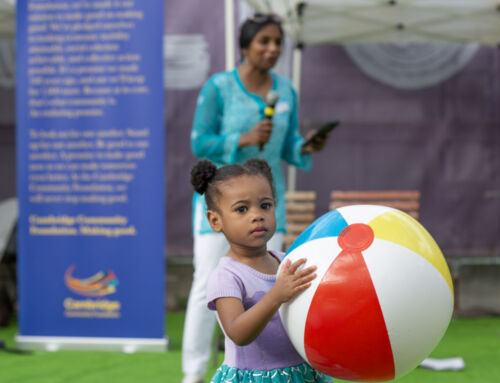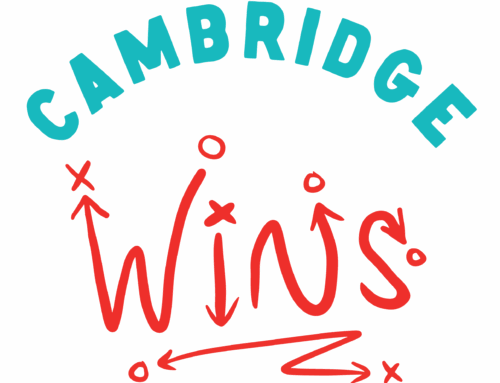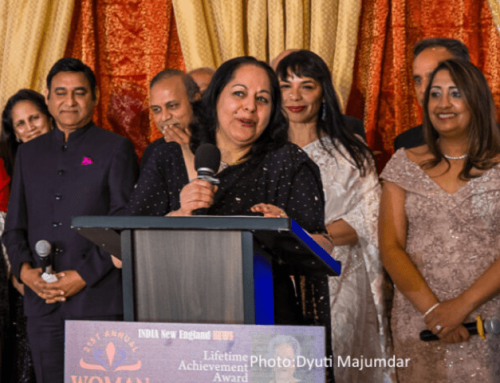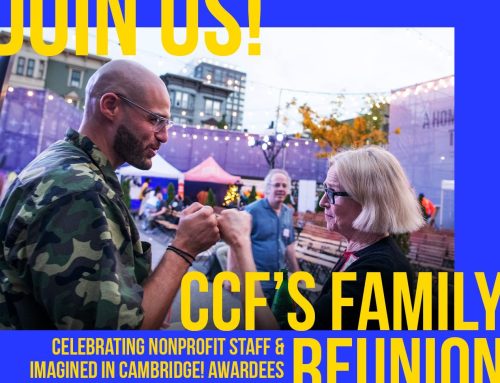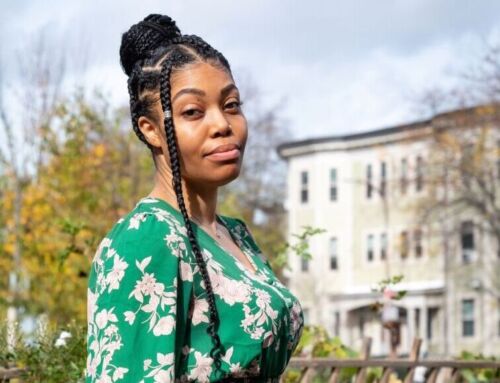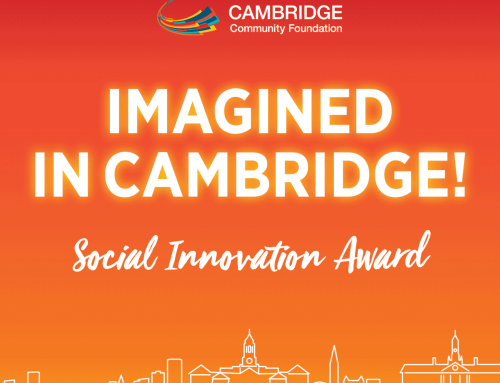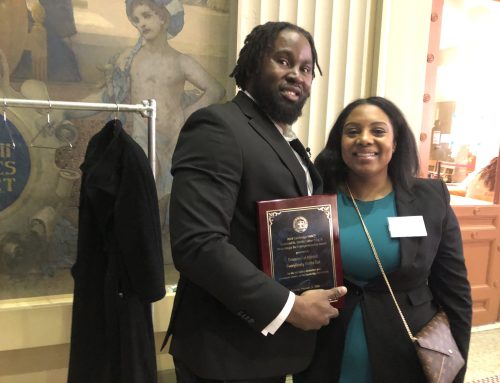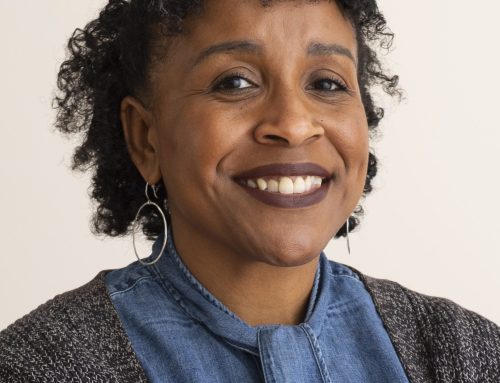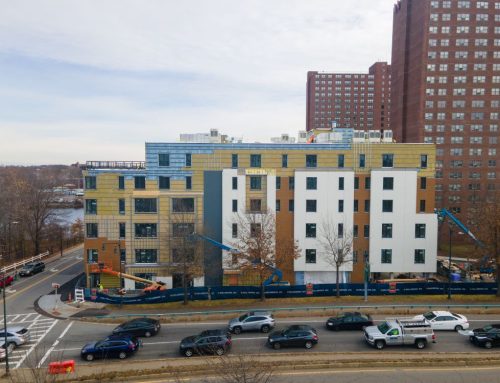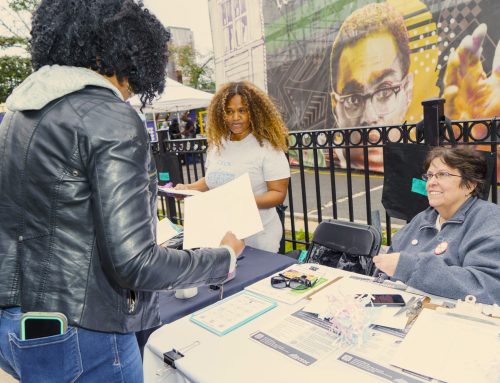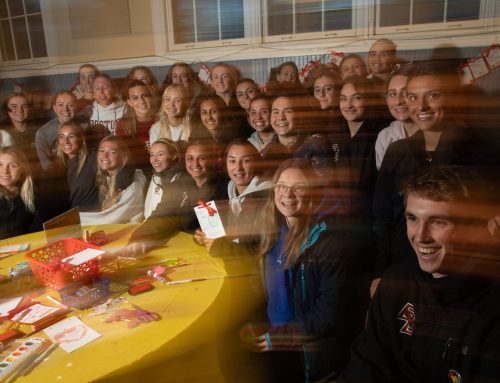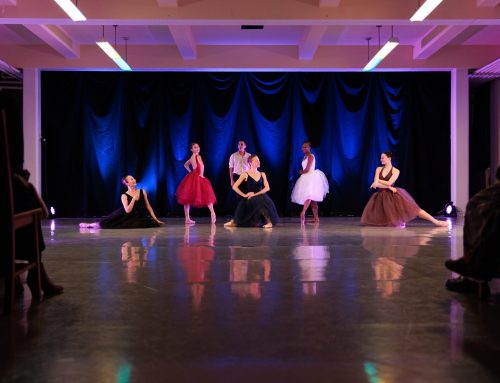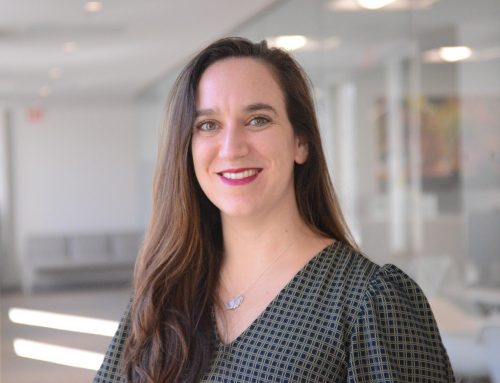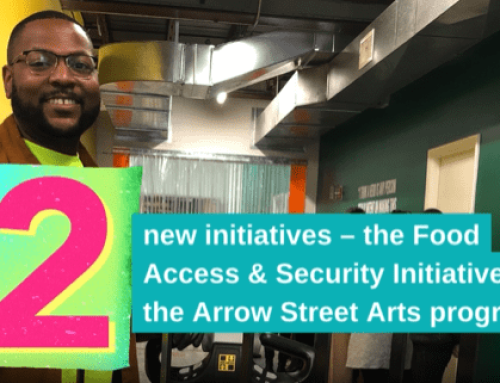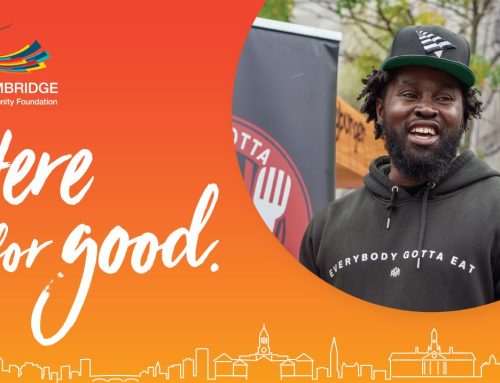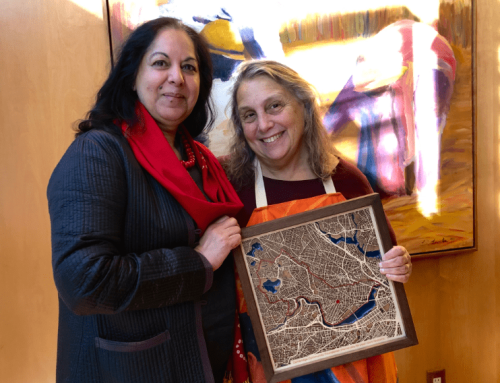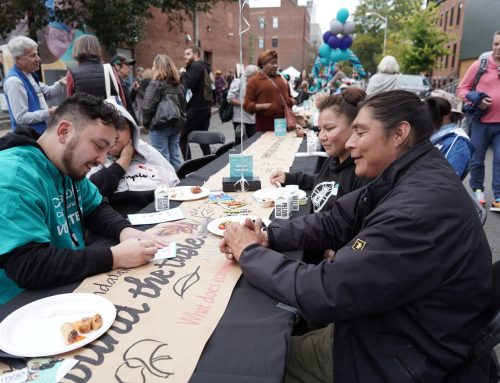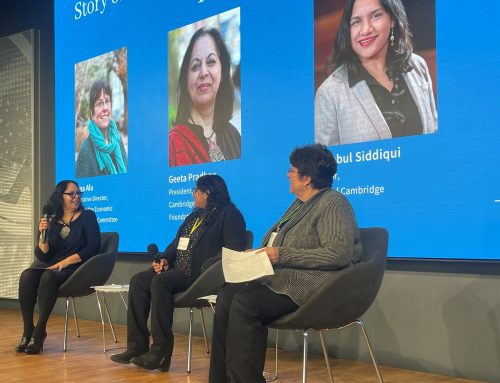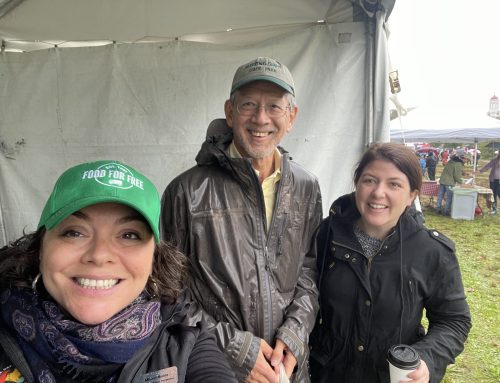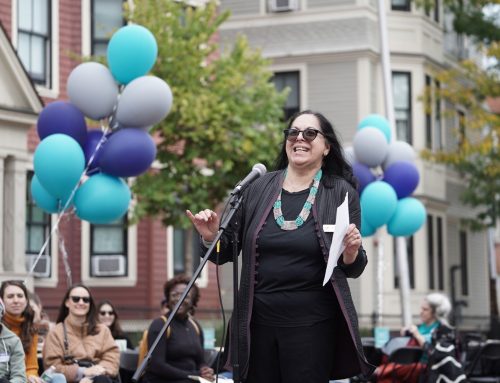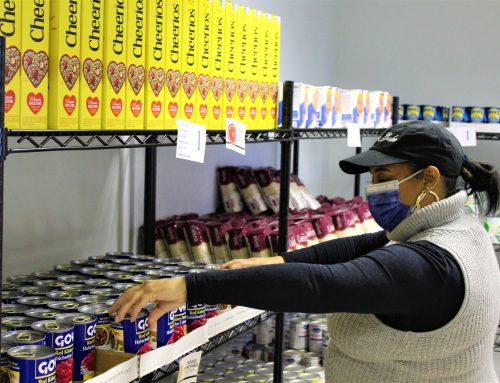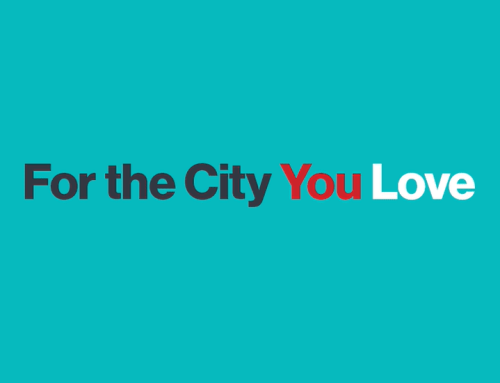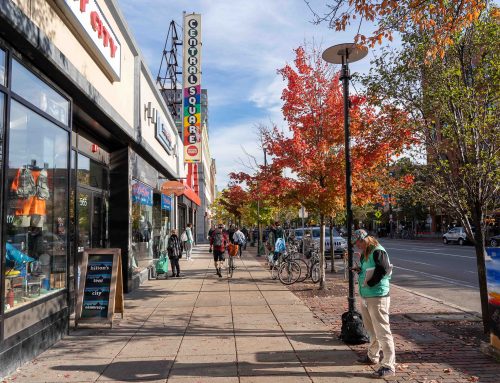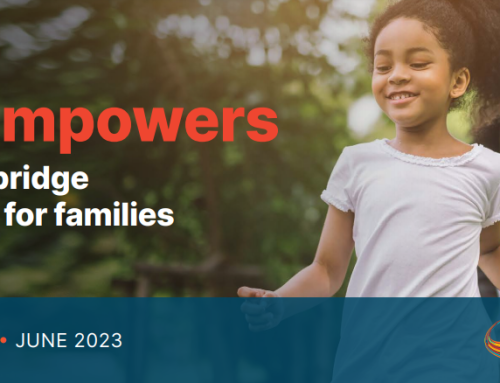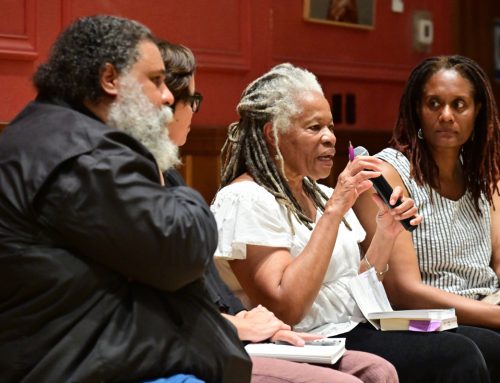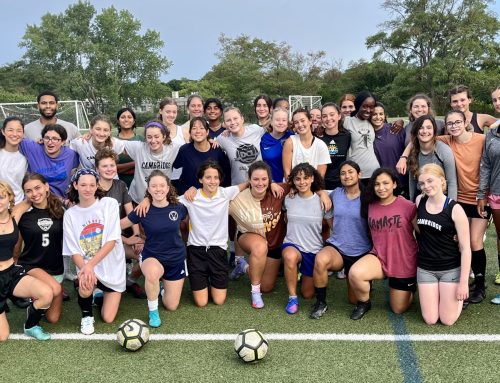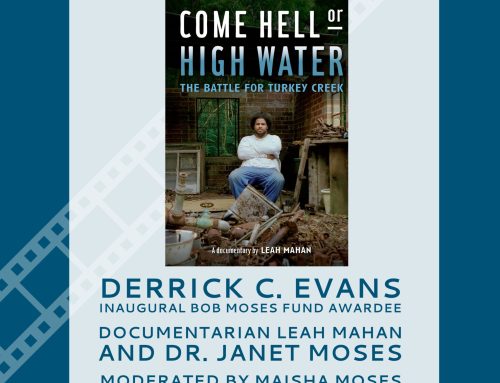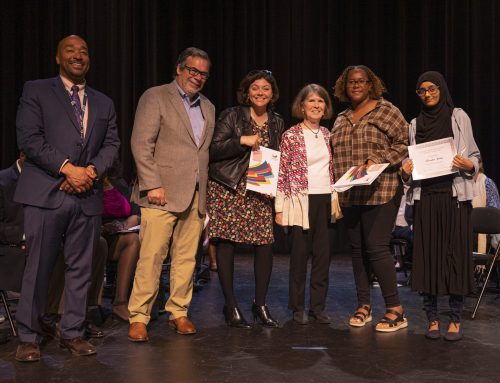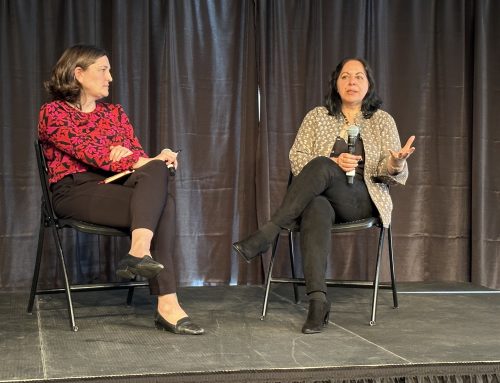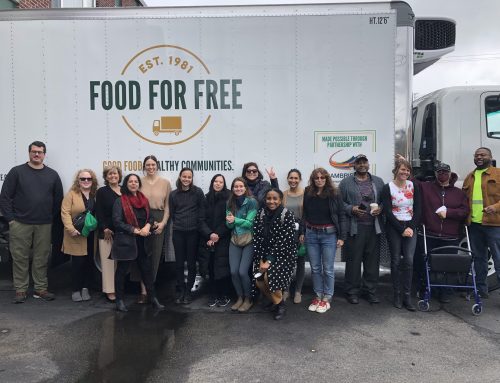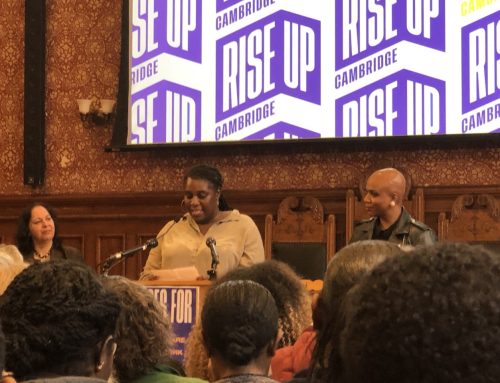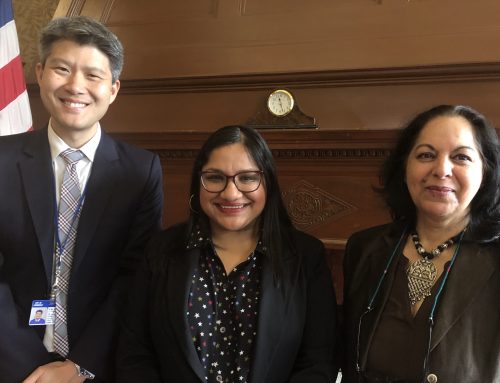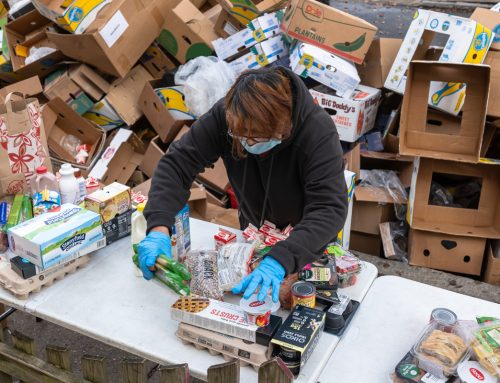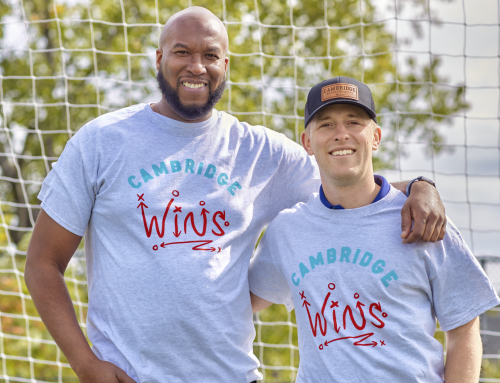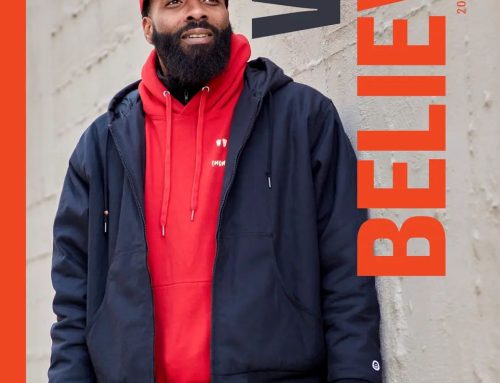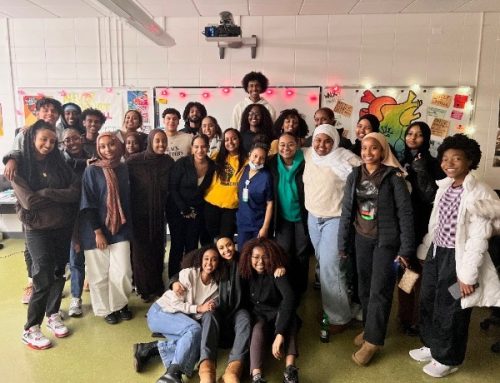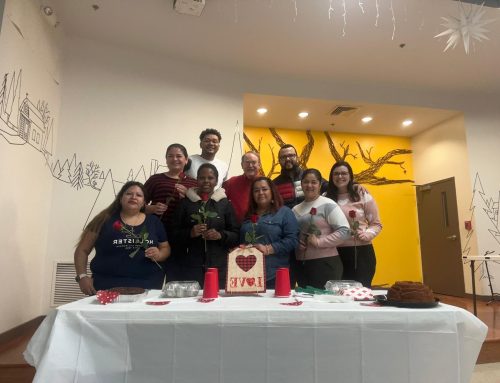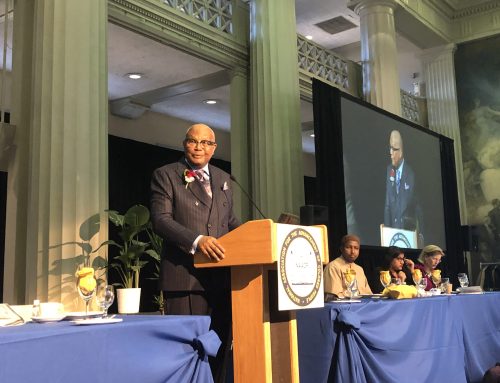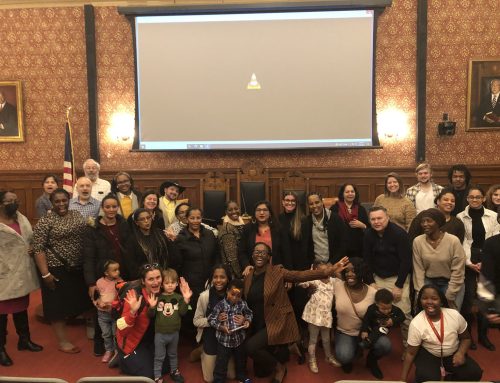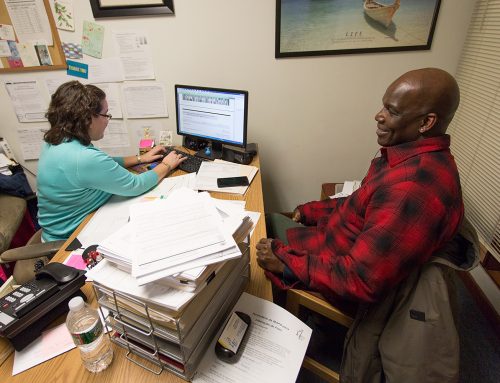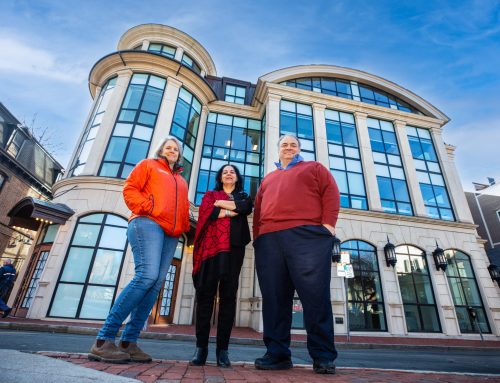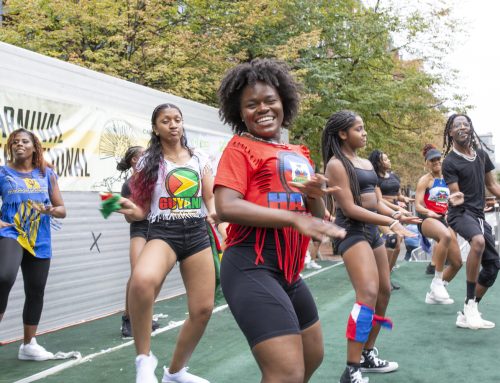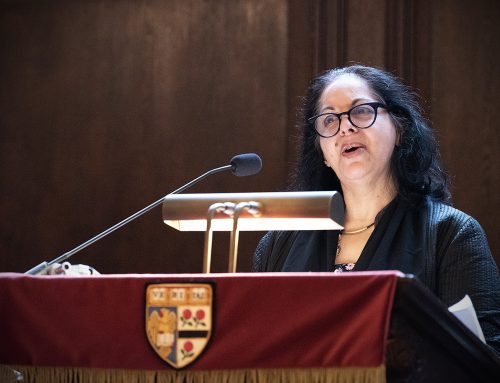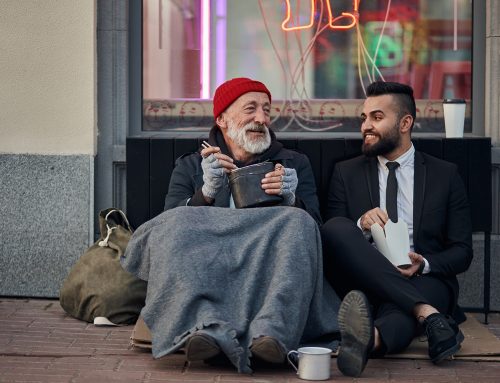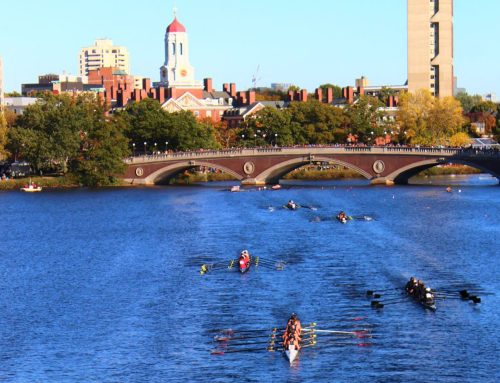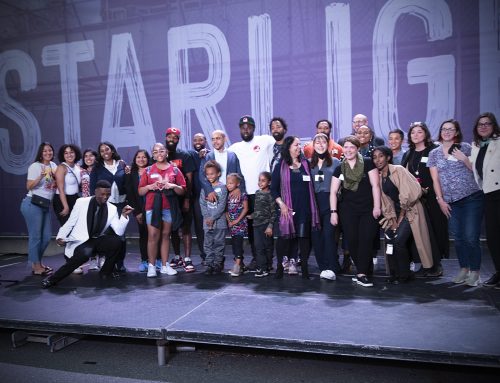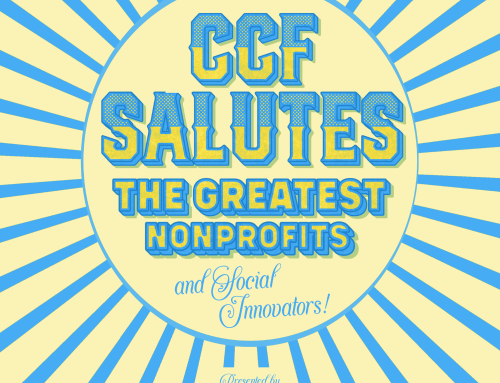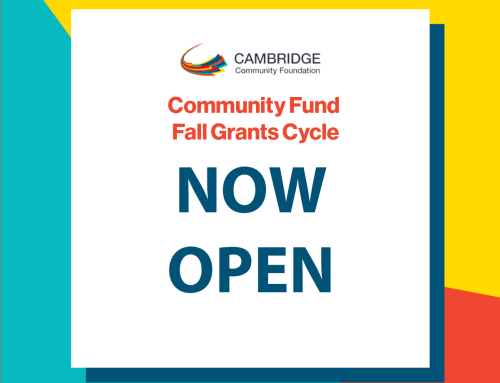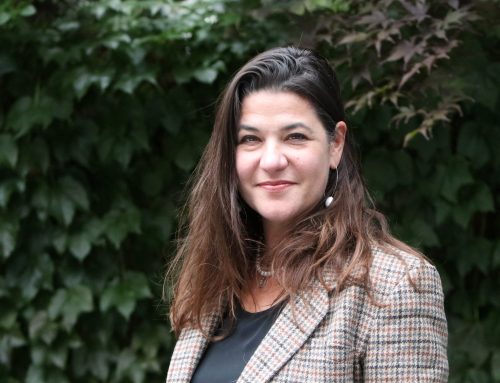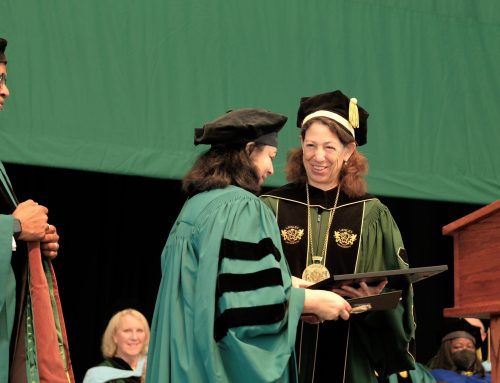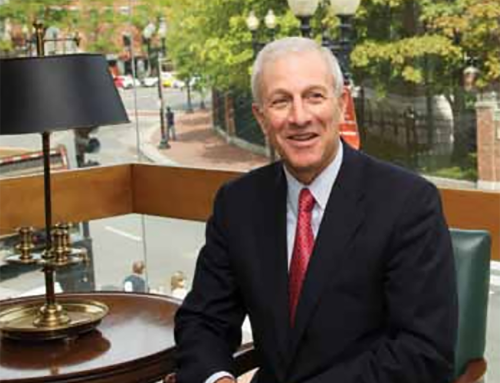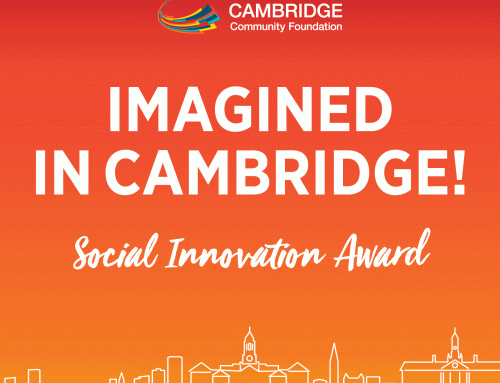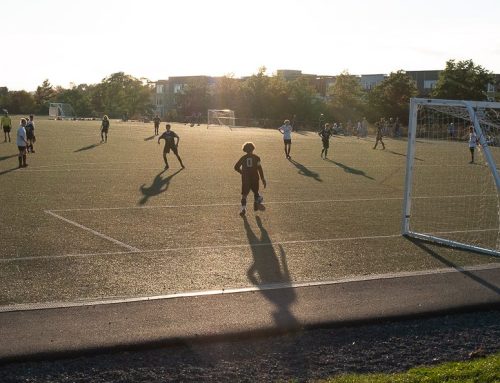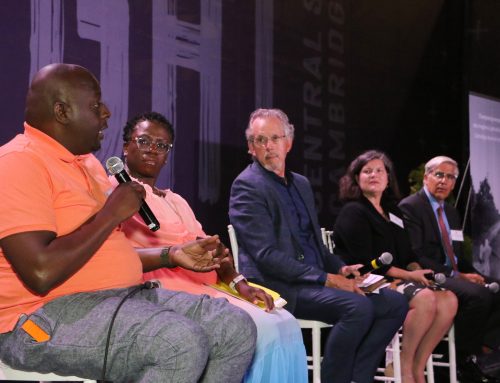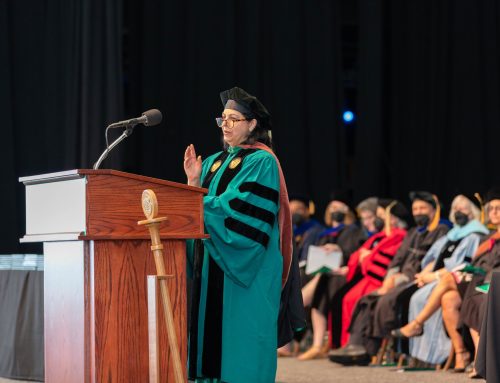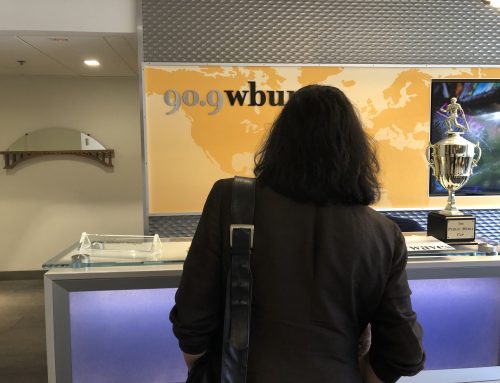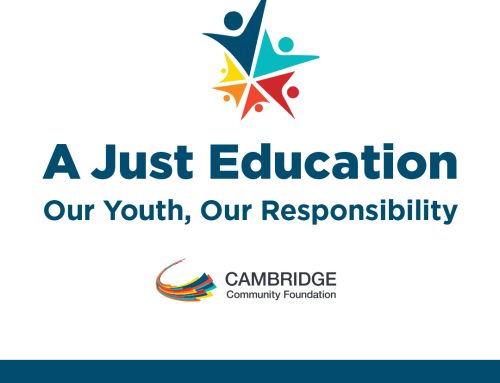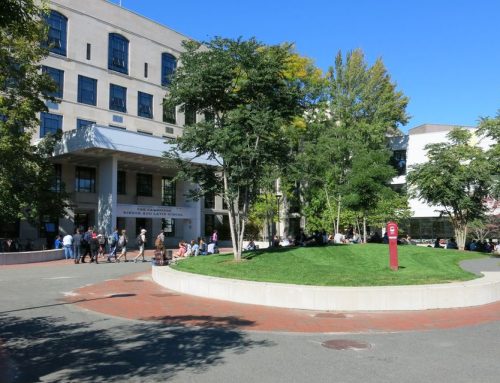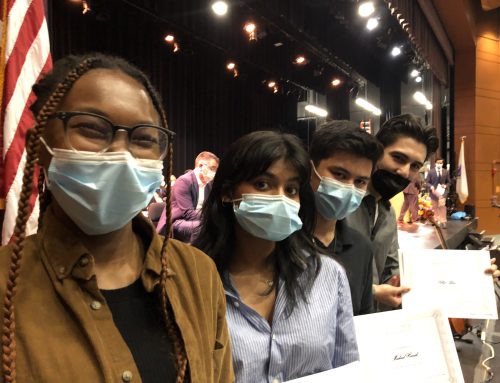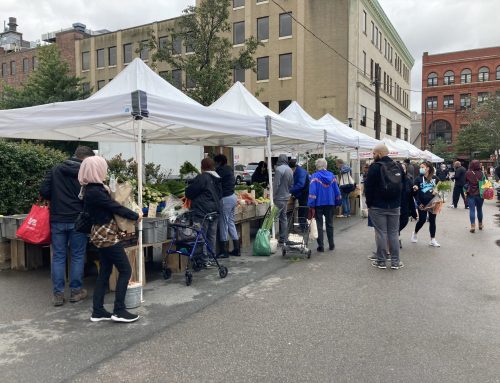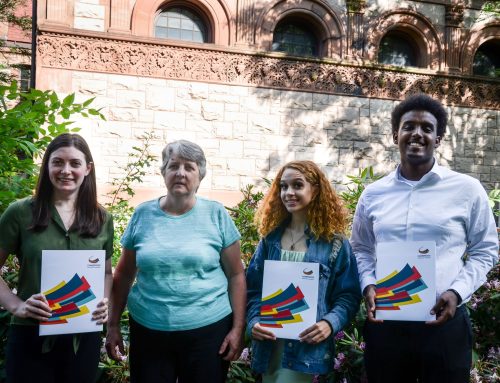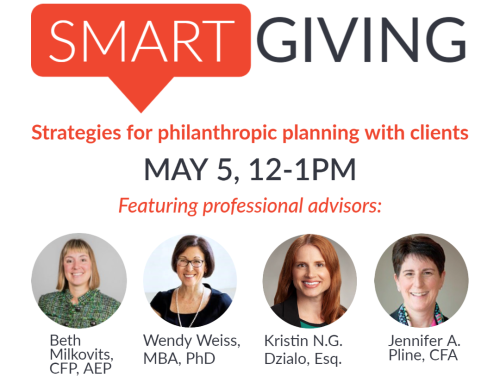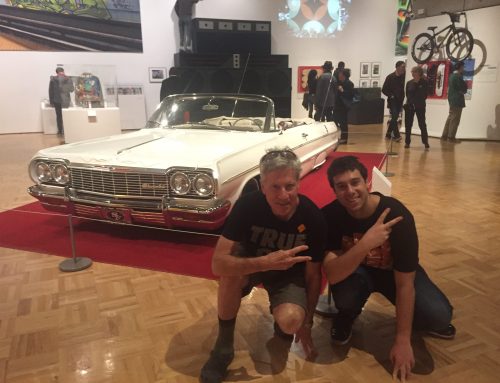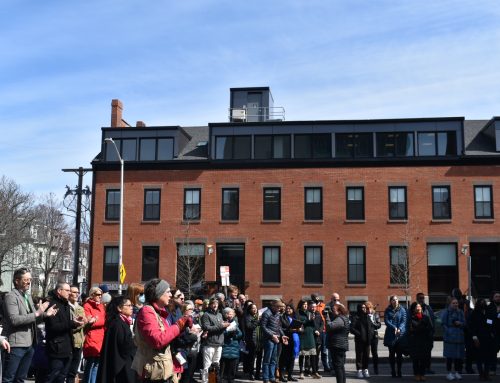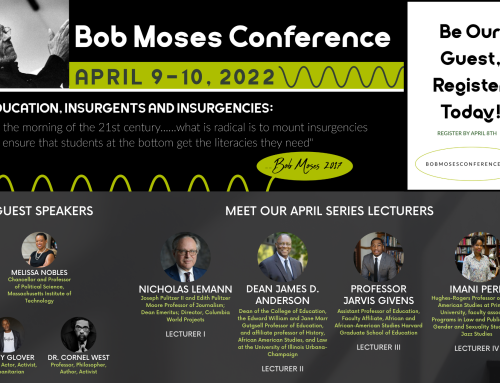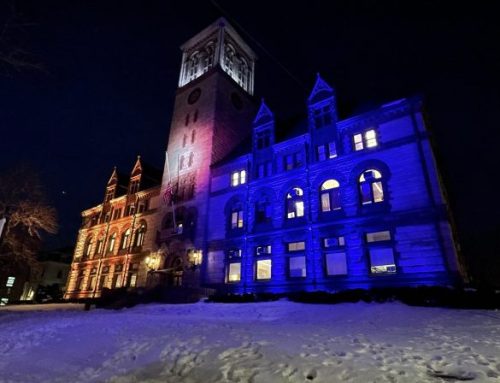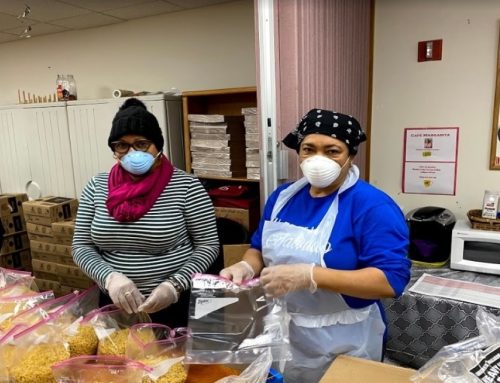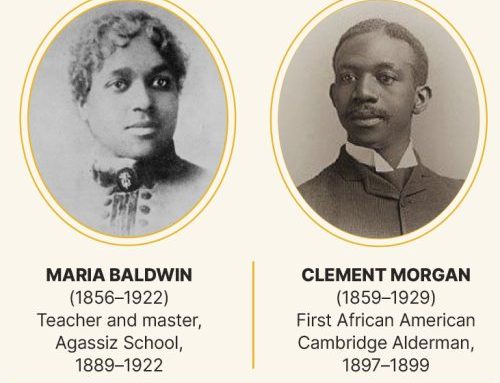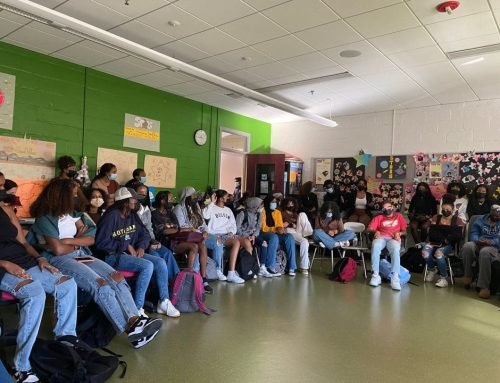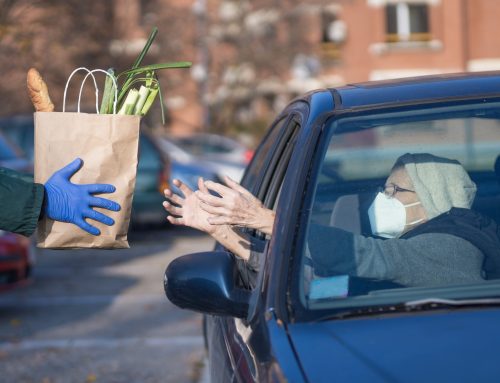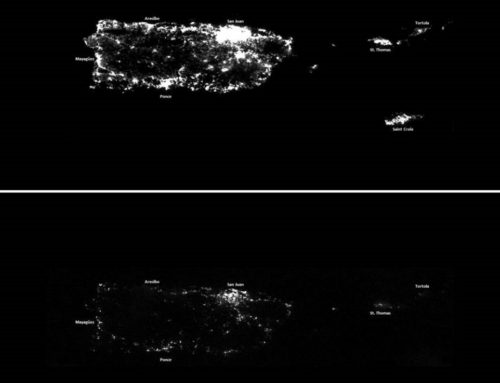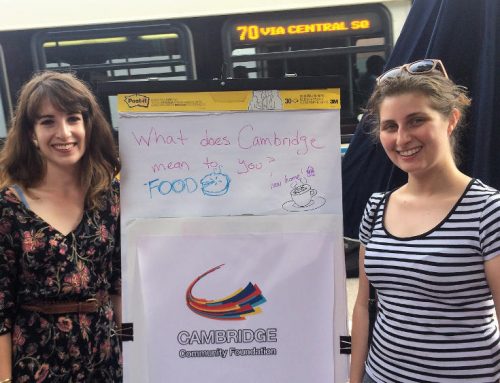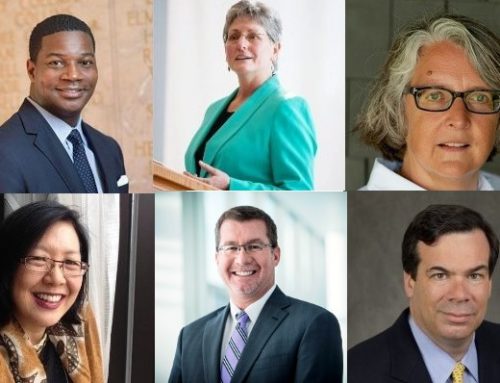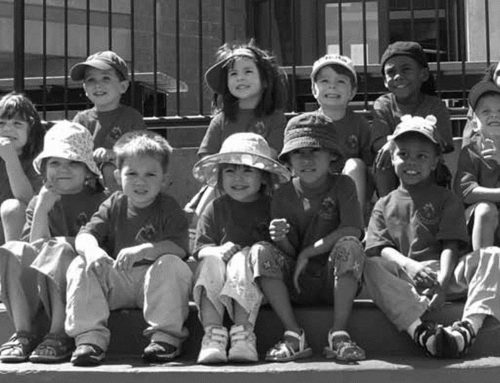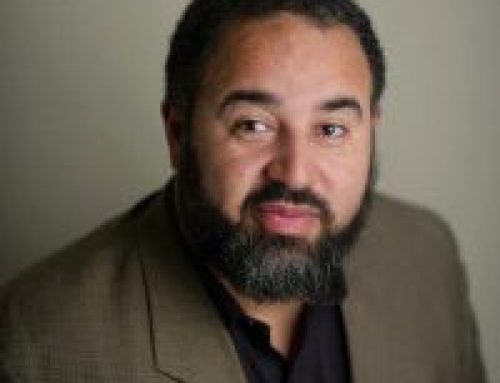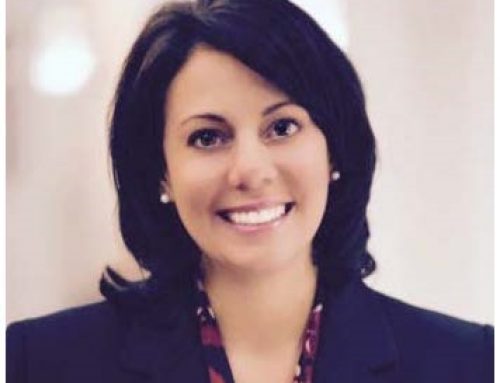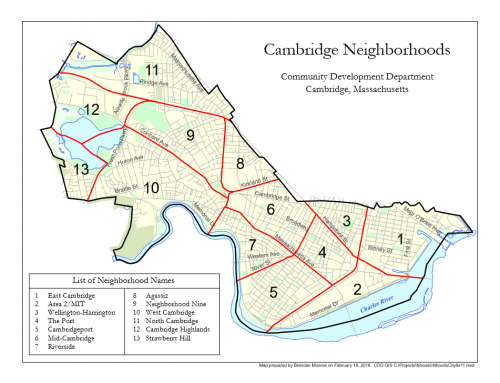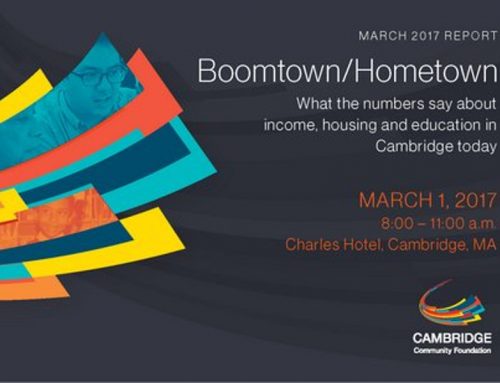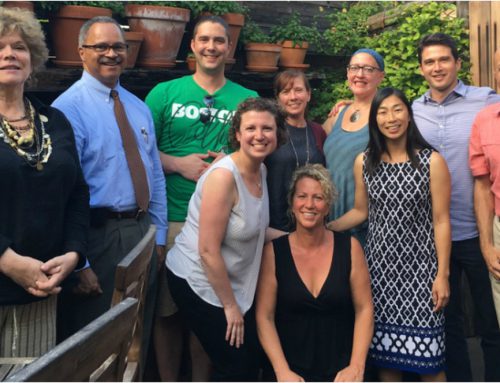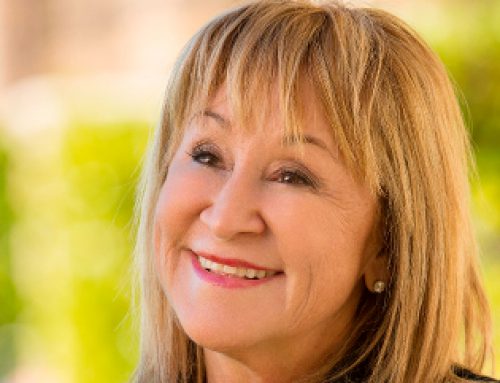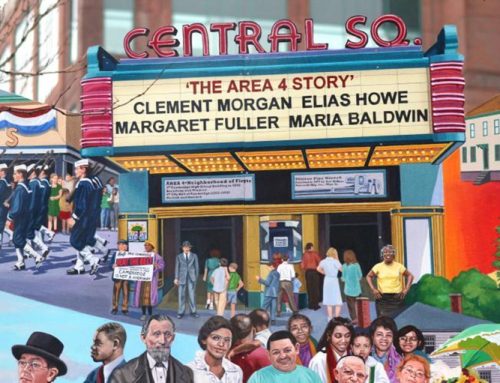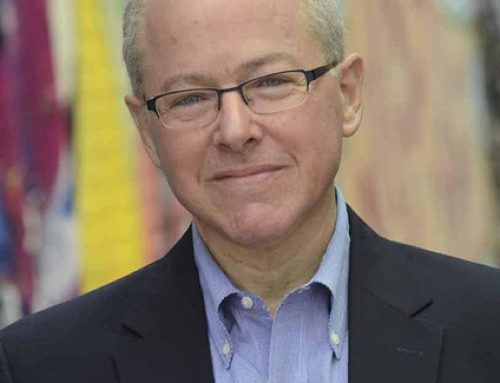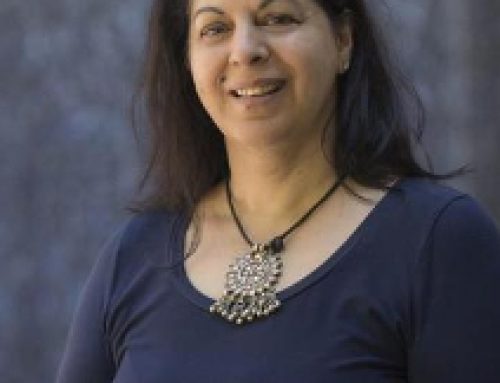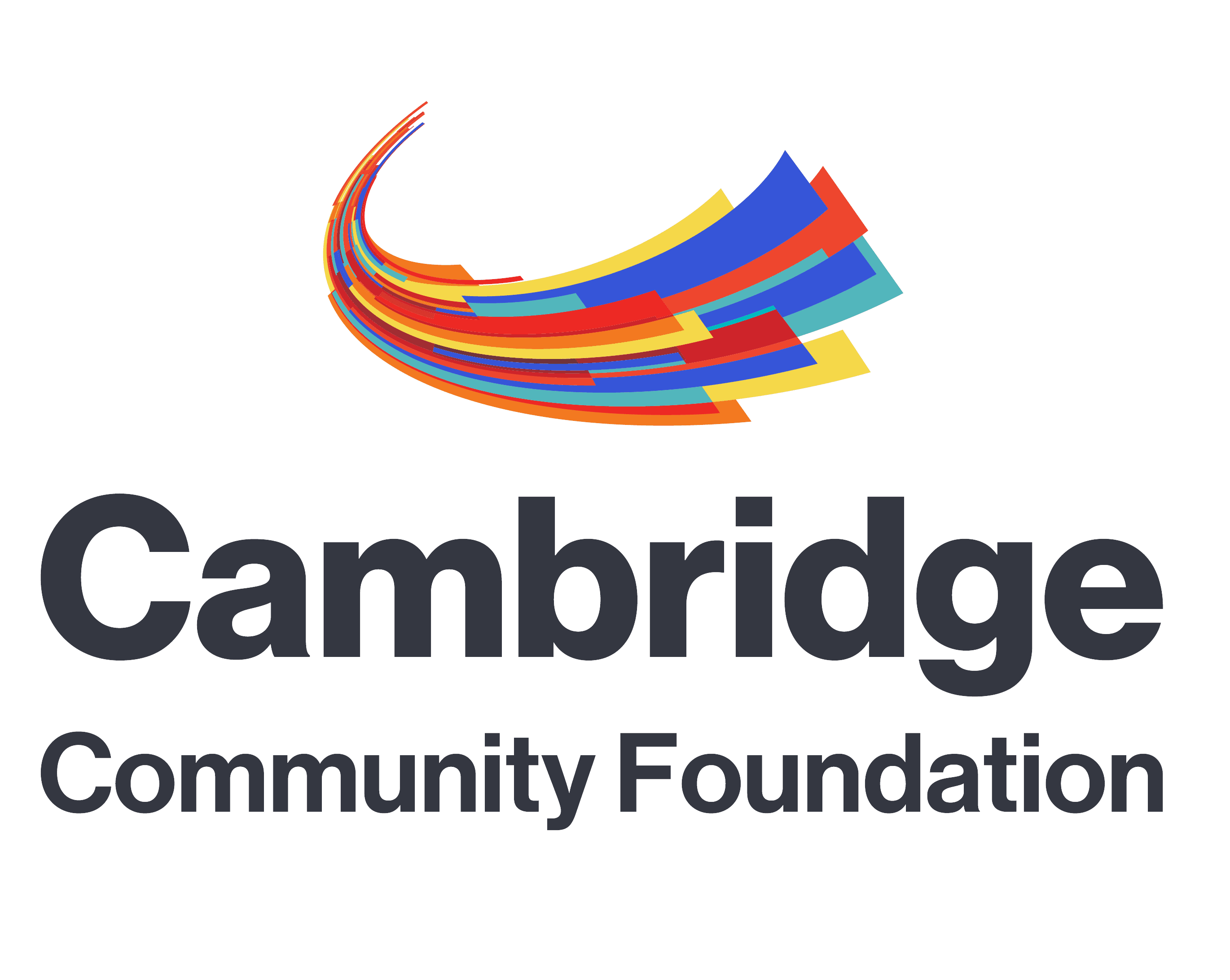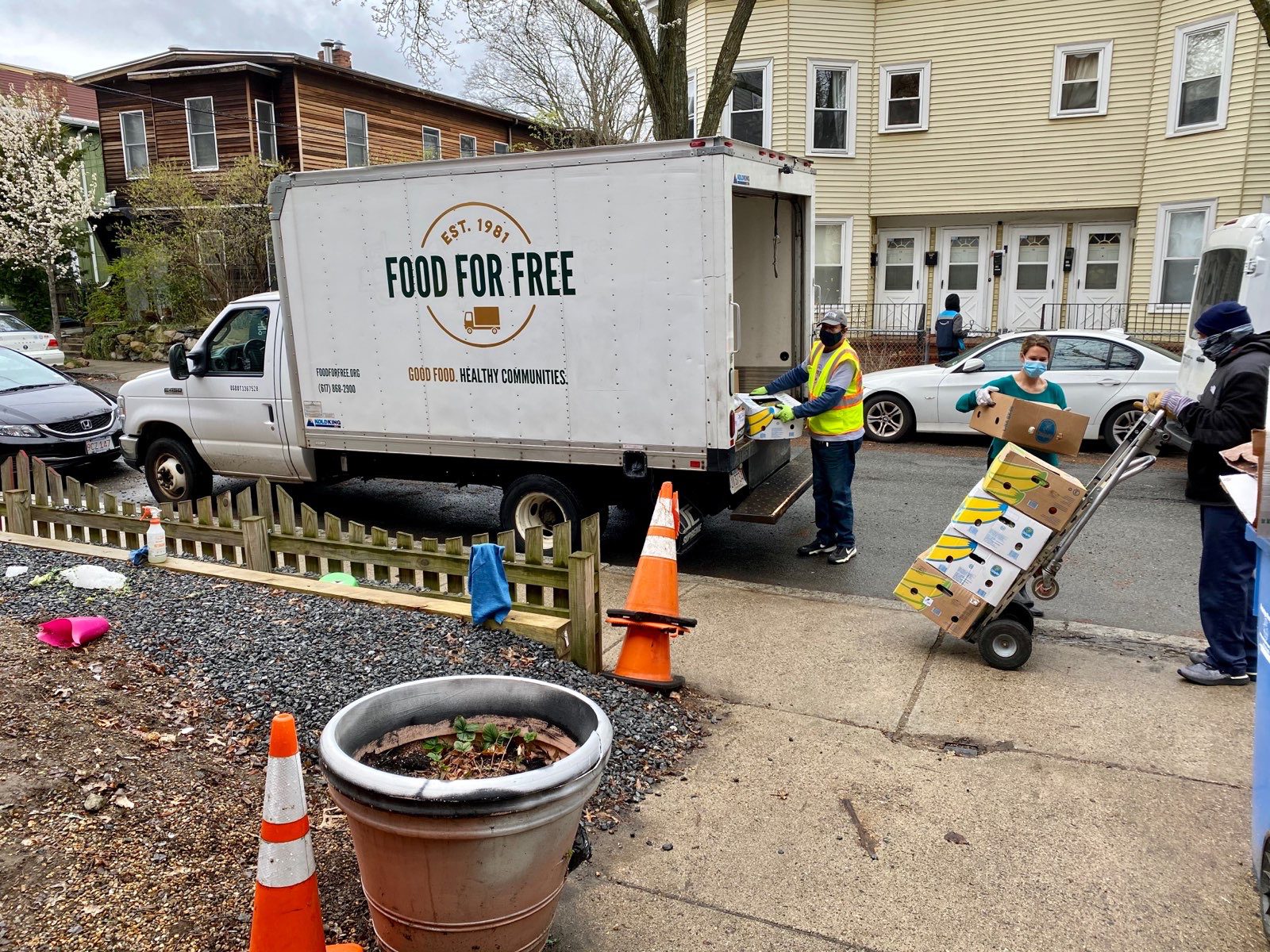 Photo courtesy of Food For Free.
Photo courtesy of Food For Free.
June 30, 2020 | Cambridge, MA—The Cambridge Community Foundation (CCF) has distributed $265,000 in grants to five nonprofits supporting food and housing insecure individuals and families in Cambridge, Somerville, and Medford.
Thanks to a grant from the Massachusetts COVID-19 Relief Fund, this round of nonprofit grantmaking builds on the Foundation’s COVID-19 emergency response. Over the past three months, CCF raised and awarded about $1 million in grants through two funds to nearly 1,200 individuals, families, and artists who live, work, study, or worship in Cambridge; 31 arts organizations and groups hard-hit by the pandemic; and 27 local nonprofits that gave cash support to their constituents. With the Massachusetts COVID-19 Relief Fund grants, the Foundation is resuming community support, working in deep partnership with nonprofits to meet urgent needs and enter a phase of recovery.
“The COVID-19 pandemic has laid bare the fragility of our families and the economic inequities in our communities, with immigrant populations, low-income families, and the homeless being hit the hardest,” said Geeta Pradhan, president of the Cambridge Community Foundation. “We’re so grateful to the Massachusetts COVID-19 Relief Fund and its donors for helping thousands of people who are struggling to afford food and housing and boosting the efforts of our nonprofit partners delivering support at such a critical time.”
The Massachusetts COVID-19 Relief Fund supports those across the state most impacted by the COVID-19 health crisis, focusing on essential frontline workers and vulnerable populations including the homeless, immigrant populations, people with disabilities, and those facing food insecurity. The Fund works in concert with regional community foundations and nonprofit leaders who partner with local leaders to understand the response and relief landscape, strategically filling in where gaps are pronounced.
A total of $265,000 was divided among five local nonprofits. The funding will support:
- Cambridge Economic Opportunity Committee (CEOC) to provide food for individuals waiting for state and federal relief, and to help more residents apply for SNAP, unemployment and disaster relief. ($50,000)
- Community Action Agency of Somerville, Inc. (CAAS) for the Somerville Cares Fund, to assist low-income households in danger of eviction with rent arrearages. ($100,000)
- Food For Free to provide free summer produce markets and food deliveries to hundreds of food-insecure households in Cambridge and Somerville. ($50,000)
- Malden YMCA to serve the Medford community with free groceries, grab-and-go youth meals, and home/doorstep grocery delivery to vulnerable households. ($40,000)
- Margaret Fuller Neighborhood House to maintain the food pantry and pay rent arrearages for families in The Port neighborhood of Cambridge who live below the poverty line. ($25,000)
“The COVID-19 pandemic has impacted every family and resident of Cambridge. This impact is even more devastating for low-income residents and residents who are at risk of housing or food instability. It is impossible to respond to these needs and do this work alone – and luckily we didn’t have to,” said Cambridge Mayor Sumbul Siddiqui. “The collaboration between the Cambridge Community Foundation, funders, non-profit organizations, businesses, and community members has been critical in our City’s efforts to ensure residents are safe, have access to food and housing, and are aware of resources for additional assistance.”
Although Cambridge is an economic powerhouse and innovation hub, it has been grappling with the unintended consequences of growth for years, as seen through escalating real estate costs, concerns about housing affordability, and the displacement of artists and nonprofits. Pre-pandemic, more than half of Cambridge households spent over 30% of their income on housing; one out of nine residents lived in poverty; one out of 10 Black and Brown households had no internet; and nearly half of the public school students received free or reduced lunch.
With COVID-19, these inequities have increased exponentially for low-income, immigrant families, and Black and Latinx families that live in or make their livelihood in Cambridge.
According to the Greater Boston Food Bank, the pandemic and resulting economic downturn have caused food insecurity to increase by 59% in Eastern Massachusetts. One in eight people and one in six children in Eastern Massachusetts are now food-insecure. Organizations like CEOC, Food for Free, The Malden YMCA, Margaret Fuller Neighborhood House, and CAAS are bridging the gaps for struggling families.
Pre-pandemic, the Malden YMCA was serving 120 households on a busy day with groceries and produce at their Mystic Community Market in Medford, but since March has seen days as busy as 576 families served at that location, with over 10,000 households served since the start of the pandemic. Food For Free has delivered about 470,000 pounds of food to 2,284 unique households over 15 weeks during the pandemic. Before COVID-19, CEOC’s low-income individuals and families struggled to make ends meet and lived paycheck to paycheck. Since March, the City of Cambridge’s food delivery list grew to 1,892 individuals, and CEOC staff reached out to each of them—helping hundreds of residents access food, SNAP and P-EBT, unemployment insurance, and other services. The Margaret Fuller House has also seen increases in the need for food. They have tripled the amount of food distributed through their food pantry and increased the number of free boxes of fresh produce and vegetables delivered to seniors and first responders from 125 to 200.
In Somerville, CAAS received over 1,100 applications from community members seeking aid during the COVID-19 crisis. Approximately three-fourths of relief fund applicants had lost over half their income. Half of the non-English speaking applicants and 60% of Spanish-speaking households had zero income since March. In a climate where rental costs constitute over 60% of reported household budgets, residents will be facing astronomical rental arrears when the moratorium on evictions expires.
“I want to thank the Cambridge Community Foundation for their critical work to access funds from the Massachusetts COVID-19 Relief Fund for our area. This sizable award to the Community Action Agency of Somerville for the Somerville Cares Fund will quickly put urgently needed support directly into the hands of those who need it most, but the need remains great,” said Somerville Mayor Joseph Curtatone. “We will be continuing to work with our community partners to advocate for more federal and state COVID relief, and I encourage our community members to speak up for the same. We are experiencing a health and economic crisis of historic proportions and cities and towns cannot address this alone.”
The Cambridge Community Foundation is the local giving platform for Cambridge, supporting our city’s shared prosperity, social equity, and cultural richness, with roots that go a century deep. Created in 1916 to serve as a vehicle for local giving and to address local needs, the Cambridge Community Foundation brings over a century of local grantmaking experience, deep community relationships, and first-hand knowledge of local nonprofits and partners – to address growing inequities in our community. The Cambridge Community Foundation distributes grants of all sizes each year—$1.5 to $2 million total—to 150 nonprofit organizations solving urgent problems and enriching the daily lives of the city’s residents, especially the community’s most vulnerable. The Foundation’s nonprofit partners administer programs in human services, workforce training, housing, hunger, homelessness, elder services, youth and early childhood services, and the arts. The Foundation is a convener and catalyst for transformative change in Cambridge, supporting equity and opportunity in the city and surrounding communities.
For more information on the Massachusetts COVID-19 Relief Fund, visit MACovid19ReliefFund.org.
For more information on the Cambridge Community Foundation, visit cambridgecf.org.
Contact:
Lauren Marshall, director of Marketing and Civic Engagement
[email protected]; 617-872-6543

